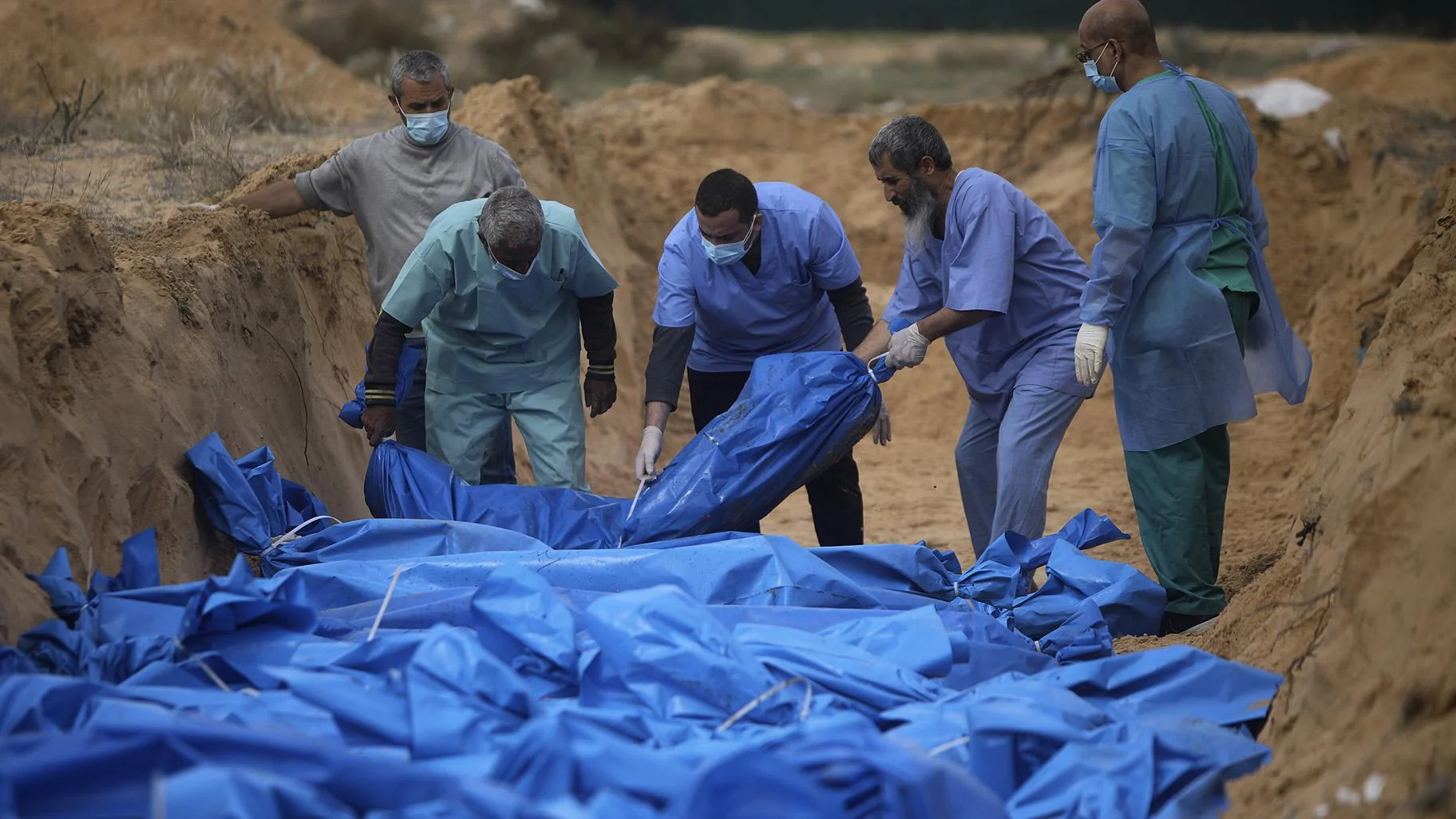Israel has announced that a temporary truce and release of around 50 captives held by Palestinian resistance faction Hamas since October 7 will not start before Friday, November 24, with Israeli Prime Minister Netanyahu announcing that “the war will resume as normal” on Thursday.
Hamas had previously announced that a truce agreement was reached with the aid of Qatari and Egyptian diplomatic efforts. On Thursday morning, Israeli media quoting anonymous officials stated that the reason the truce had not yet gone into effect was because Hamas and Qatar had yet to sign the agreement.
In an official statement, Israel stated that the truce could last longer if Hamas decides to release nearly 10 captives per day. Since October 7, the group has taken 240 Israeli settlers as captives, releasing only four thus far.
It is worth noting that Hamas has attempted to release other captives for humanitarian purposes, but Israel repeatedly rejected to accept them. Prime Minister Netanyahu has also been facing internal pressure from settlers demanding that he release the captives.
A Palestinian source to Reuters stated that “a second wave of releases could allow as many as 100 hostages to go free by month’s end.”
In contrast, chief of Israeli general staff Halevi told commandaers in a video published by the occupation’s military on Thursday that they will not end the war until they are “victorious.”
Qatar said that it could make an announcement within hours concerning the start of the truce.
Main Provisions
The agreement entailed several provisions, including:
- A ceasefire from both sides and an end to Israeli military operations across the various Gaza Stip areas. Hezbollah, although not a party to the truce agreement, stated that it would also be adopting the ceasefire, with the exception of responding to any potential attacks in Lebanon and Gaza during this time.
- The intensification of the entry of humanitarian aid, relief, medical and fuel trucks to all regions in the Gaza Strip.
- The release of 50 hostages from Gaza, limited to women and children under the age of 19.
- The release of 150 Palestinian women and children held in Israeli prisons, limited to women and children under the age of 19.
- A cessation of air movements in the south of the Gaza Strip throughout the four days and a cessation of air movements in the north of the strip for six hours every day between 10:00 am and 4:00 pm.
- The guarantee of people’s freedom of movement and its non-obstruction, especially on the Salah El-Din Street where people are moving from north to south Gaza.
An Overdue and Insufficient Agreement
A four-day truce is a far cry from the permanent ceasefire that people and organizations around the world have rallied for during the last month and a half.
Four days are far from enough for humanitarian aid to be effectively distributed across the Gaza Strip, especially given the current state of transportation infrastructure, the large numbers of those internally displaced, and the lack of access to many areas as a result of the occupation’s indiscriminate bombing.
As Al Jazeera journalist Wael al Dahdouh noted, “the days preceding a truce/ceasefire are always the bloodiest.” A few hours before the truce was supposedly going to go into effect, Israel resumed its bombardment of the strip, raising the death toll so far to over 14,500 people – an amount greater than those killed in Ukraine since the start of its war with Russia two years ago.
Upon announcement of the truce, Gazans were skeptical at whether Israel would be abiding with the agreement. Throughout the last several decades, Israel has repeatedly broken agreed upon ceasefires – ones that Hamas on its part respected – meaning a ceasefire is not a guarantee to end Israeli aggression, nor is international humanitarian law as we have seen in the last month and a half.
A failure to comply with ethical, human rights and international humanitarian law standards has become synonymous with Israeli forces, and the current four-day truce agreement falls short from providing Palestinian people with the necessary accommodations to the conflict.
With the northern part of Gaza turned into a warzone, and various other sections of the strip decimated, including universities, centuries-old mosques and churches and more, the continuous bombardment by Israel has rendered the strip largely inhabitable and has succceed in displacing millions within it.
Enforcing compliance and sanctioning Israel for its repeated violations remains the necessary yet absent step for an end to the current genocide.


